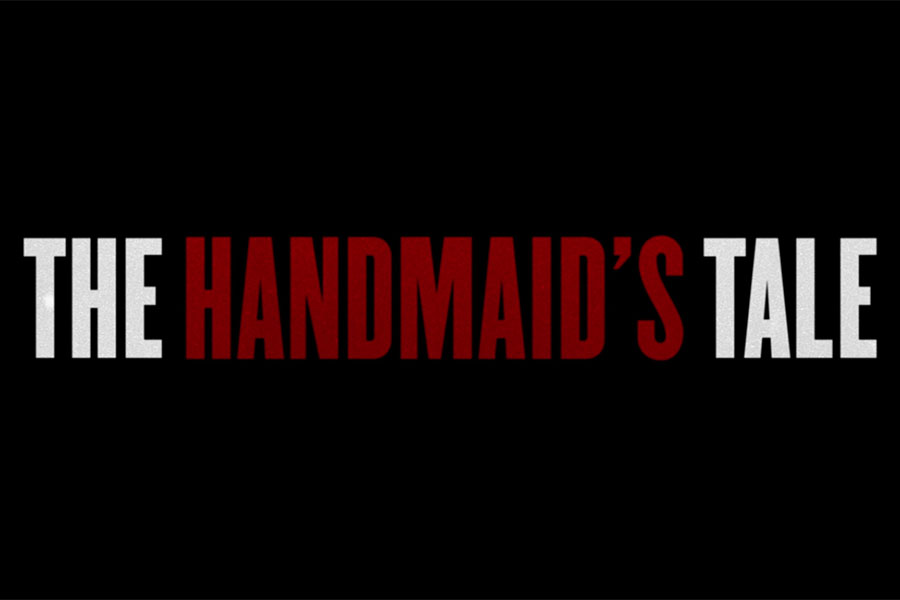A Relevant Modern-Day Tale in Both Book and Screen
The Hulu series brings the book to life in a graphic but thought-provoking and powerful way.
PHOTO | Wiki Commons
“The Handmaid’s Tale,” is a 10 episode Hulu series that details a society which enslaves women for the purpose of reproduction.
The 10 episode Hulu limited series, “The Handmaid’s Tale”, brought to life under the craftings of multiple directors and based off the 1989 novel by Margaret Atwood, is nearly flawless in its forefront tackle of intense but important material and passionate cast.
The series greets us with Offred (Elisabeth Moss), or June, as she was known in the time before the patriarchal and religiously oppressive society Gilead was formed. She is trying to flee to Canada with her husband Luke (O-T Fagbenie) and daughter to escape the new regime. Their plan falls through, and the family is separated for what may be forever.
June is then taken to the Rachel and Leah Center, where she is put through a system of absurdly strict regulations with physically tortuous repercussions. She is thus stripped of her identity and her past life, groomed to become a handmaid with the sole purpose of reproducing for the high-ranking officers in society; virtually worthless beyond her uterus.
After her training is over, June is given the new name of Offred and taken to the house of the Commander (Joseph Fiennes) and his wife, Serena Joy Waterford (Yvonne Strahovski), where she lives in shrouded modesty of a red cloak and white wings around her face. Once a month, Offred is forced to endure “The Ceremony”, in which she is essentially raped by the Commander with the goal of impregnation. Consent is not a construct in this society.
The series continues fittingly to its rating for mature audiences in its rather graphic and intense portrayals of non-consensual sex, violence and overarching theme of the degradation of women in general rights and treatment. Such moods are also prevalent in Atwood’s novel, creating a consistency that set the book and show on equal planes of quality and seriousness.
Throughout the series, there are deviations from the book in some of the flashbacks that Offred experiences and some other added details, but all are in the name of creative choice and, if anything, add to the power of the story and the heart-wrenching sympathy that the viewer feels for Offred’s predicament.
Where “The Handmaid’s Tale” resonates the most is through the powerfully authentic characterization that Moss brings to Offred in an optimistic balance of resilience and depression in her bleak circumstances. The series as a whole undertones a feministic hope and fire that is relevant and important in today’s society.
“The Handmaid’s Tale” has been confirmed for a second season, and where it will go in terms of plot are still up in the air. The first season concluded with the novel’s thematic ending, so anything additional would be pure creative interpretation. If the powerful performances, potent storylines and expert writing, including Atwood as one of the head writers, is any indication, however, a second season should be expected as no less expertly crafted and stellar in quality.



